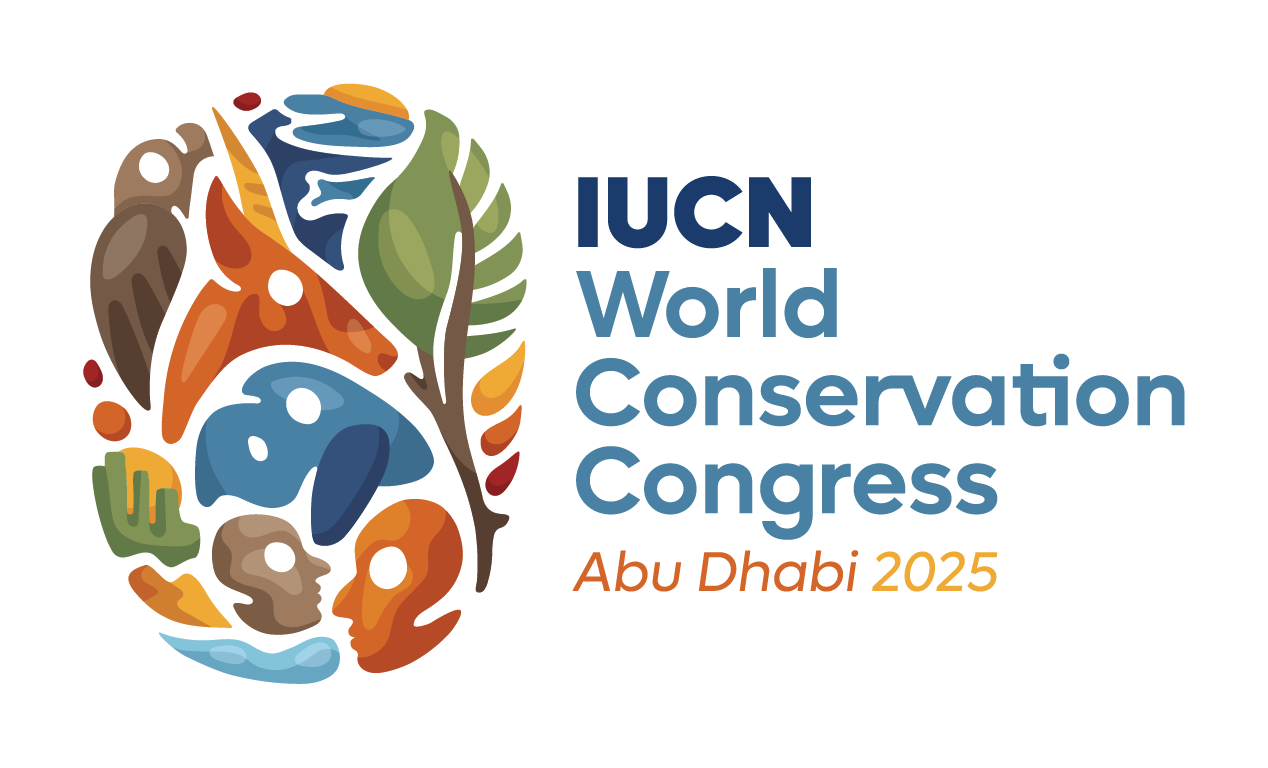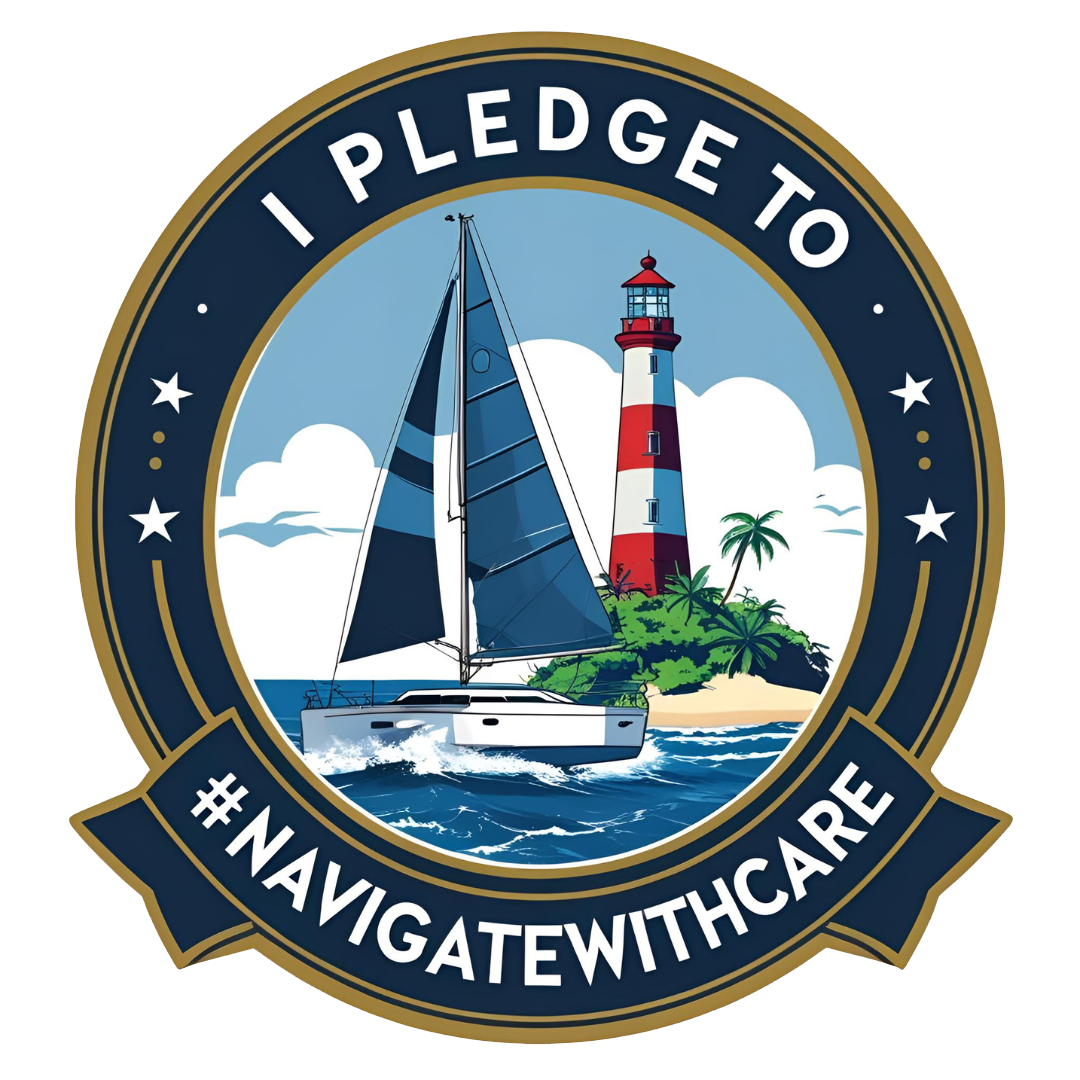Abstract
Coral reefs are in global decline and anomalously hot temperatures shoulder the blame. Foraminferal bioindicators are important because they record historical reef stress over periods of centuries to millennia, as compared to the few decades offered by diver surveys. For a region lacking systematic long-term reef monitoring programs, the use of bioindicators in the Red Sea is compelling. Whereas foraminfera-based indices exist to reconstruct histories of nutrient stress on reefs, there is a paucity of equivalent bioindicators that respond to temperature. Capitalizing on a portfolio of surficial sediment samples collected along the eastern margin of the N. Red Sea and Gulf of Aqaba, this study shows that the relative abundance of Amphisteginidae foraminifera—specifically Amphistegina lobifera—closely track heat stress, as has recently been reported for this family in the S. Pacific. This result is consequential for at least three reasons. First, the Red Sea hosts some of the most northerly coral reefs on Earth. Establishment of a thermal bioindicator here confirms the strategy can be deployed on high-latitude reefs, which are disproportionally afflicted with heat extremes. Second, the considered reefs, and the foraminifera they host, are famed for their thermal resilience. Foraminiferal bioindicators have not previously been trialed on reefs that have adapted in this way. Finally, as a restricted offshoot of the Indian Ocean, the level of endemism in the Red Sea is especially high. The bioindicator that we propose is apparently not compromised by endemism. Our findings advocate for an expanded deployment of Amphistegina-based reef bioindicators.


